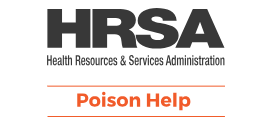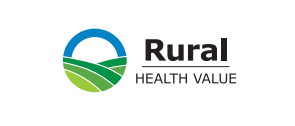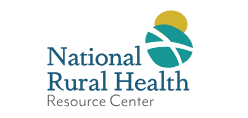March 18, 2025

HRSA Celebrates National Poison Prevention Week
Join the Health Resources and Services Administration (HRSA) in raising awareness of National Poison Prevention Week (NPPW), March 16-22.
NPPW is recognized annually to raise awareness of poison prevention nationwide. Poison control centers manage more than two million calls each year through the Poison Help Line. Callers usually get the help they need over the phone and do not have to go to a doctor or the hospital.
The “What You Can Do” webpage is an important resource for anyone who suspects someone has been exposed to a poisonous substance.
Visit HRSA’s Poison Control Program’s website for more information on how to prevent and respond to a poison emergency and for materials to promote NPPW.
Click Here to go to “What Can You Do” webpage
Click Here to go to HRSA’s Poison Control Program’s website







